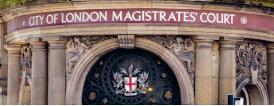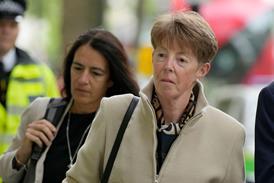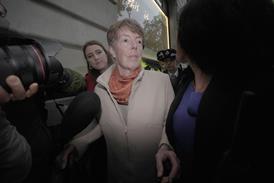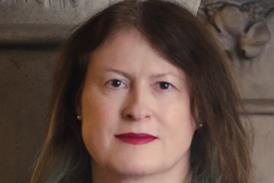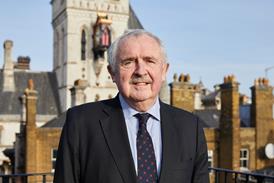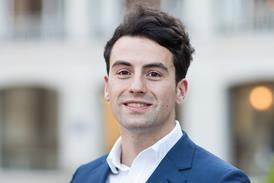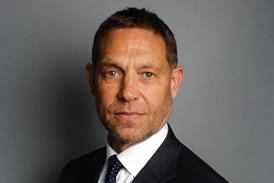A businessman accused of being involved in a conspiracy to place devices made to look like ‘improvised explosives’ at Gray’s Inn regarded the barrister involved in litigation against him as ‘toying with his life for his own amusement’, the Central Criminal Court has heard.
Closing statements started this week at the Old Bailey in the trial centred on an alleged conspiracy to place two devices in Gray’s Inn in September 2021. A smoke grenade was also let off. The incident led to building evacuations and road closures.
Michael Broddle, 46, admitted placing the devices. The prosecution alleges businessman Jonathan Nuttall was behind the incident.
Nuttall, along with co-defendants Michael Sode (Nutall’s driver and an associate of Michael Broddle), Charlie Broddle and Joshua Broddle are charged with conspiring to place an article with the intention of inducing in another a belief that the article was likely to explode or ignite and cause personal injury or damage to property. All deny any involvement.
Nuttall, his wife, and others were under investigation by the National Crime Agency over alleged money laundering and other offences. In 2015 the NCA instructed Sutcliffe to conduct the legal proceedings. Later in 2017, the NCA instructed a second barrister in Sutcliffe’s chambers, Anne Jeavons, to work alongside him. An order was made in 2019 leading to the recovery of some £1m of assests from Amanda Nuttall.
Prosecuting, Catherine Farrelly told jurors that the devices were left ‘with the intention of alarming anybody who came into contact with [them]’. She added: ‘The intention was also, by having Andrew Sutcliffe’s name attached to both those devices, to draw attention to him. Scurrilous accusations [were made] against him [in notes], it could not be clearer that the objective on that day was specifically to target him.
‘There is no evidence… to show you that Michael Broddle, or indeed any of the Broddles, have any grievance at all about Andrew Sutcliffe or Anne Jeavons. There is no motive for him to target Mr Sutcliffe or Miss Jeavons.'
She added: ‘Mr Sode was acting on instructions of Mr Nuttall, the person who he worked for and who clearly had a deep-seated grudge against Mr Sutcliffe and, to a lesser extent, Miss Jeavons.’
Reading extracts from Nuttall’s ‘40-page document’ to the NCA, Farrelly added: ‘It is clear is it not that Mr Nuttall regarded Andrew Sutcliffe as the person behind the NCA litigation against him. In his own words, deeming him an antagonist.
‘He did not regard Mr Sutcliffe as the prosecution simply doing a job, following the instructions given to him by the NCA. He thought that Andrew Sutcliffe was somehow toying with his life for his own amusement as opposed to simply carrying out the professional duties he had been instructed to undertake. Mr Nuttall very much had a personal grievance specifically against Andrew Sutcliffe.’
For Nuttall, George Carter-Stephenson said: ‘Mr Nuttall’s case is very very simple, he simply says “not me, I did not do this. Whoever did, I do not know, whoever is involved I do not know, it is simply not me”.
‘There is precious little direct evidence against Mr Nuttall.
‘What is alleged against Mr Nuttall? Suggestion [from] the NCA that he is involved with organised crime groups. If that is right, then he has the connections to deal with Mr Sutcliffe and Anne Jeavons without having to go through somebody like Mr Sode. Why does he need to use Mr Sode to recruit an unknown character?'
Addressing Nuttall’s letter to the NCA, Carter-Stephenson said: ‘What do you expect Mr Nuttall to do than write and complain? You really think if he had been involved in somehow instructing Mr Broddle to carry out this campaign of intimidation, he would then go on to send this letter? He may as well put a big arrow over his head saying “it is me”. It is ludicrous. He is not going to do that for one moment, he wrote a letter because he felt those matters had to be dealt with.’
He added: ‘We suggest the case against Mr Nuttall if you separate out that guilt by association is nothing more than random coincidences, speculation and innuendo.’
The trial continues.

